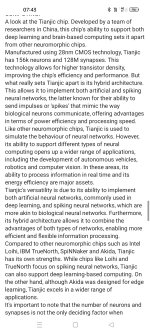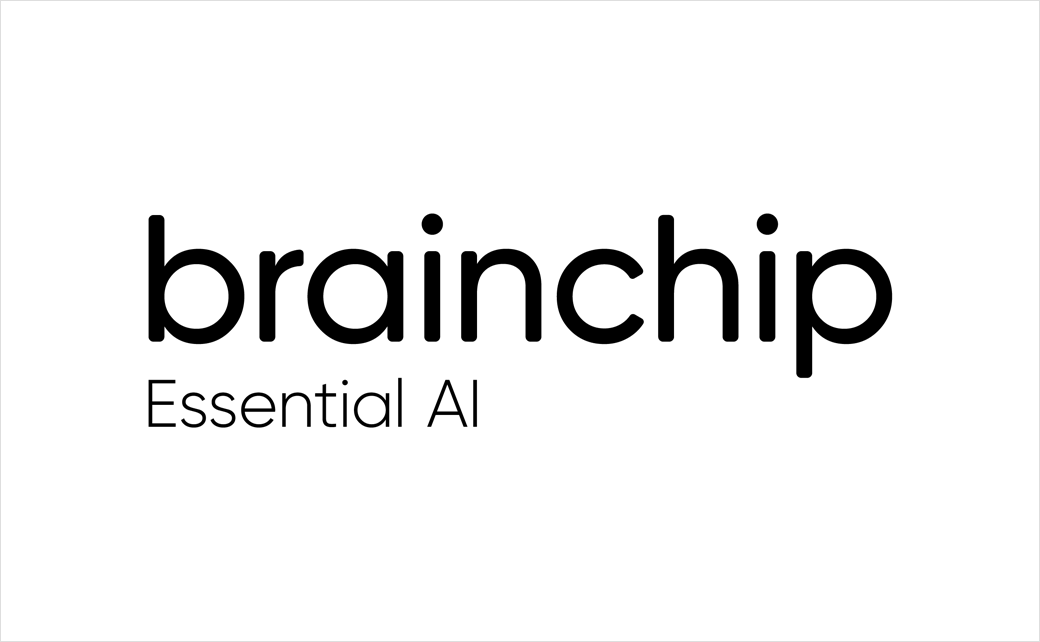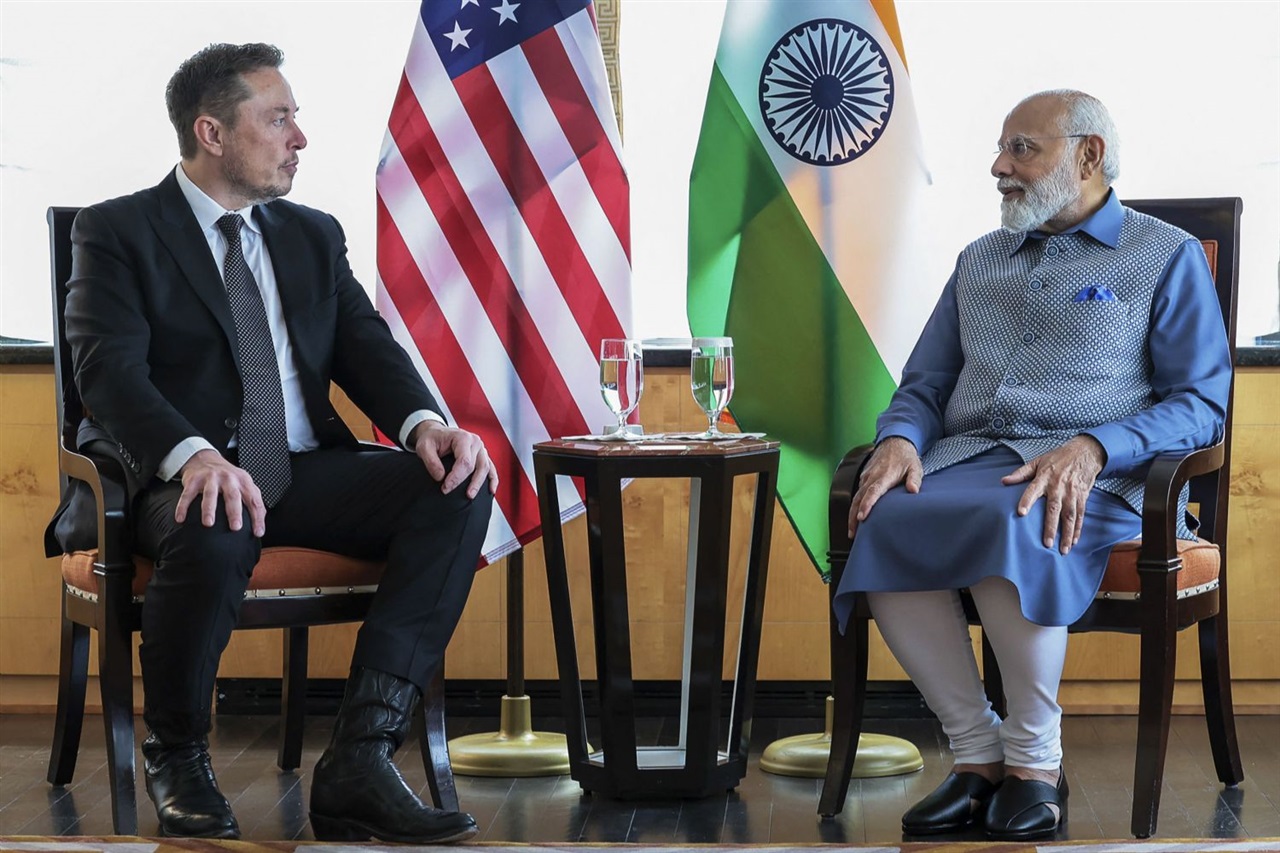rgupta
Regular
With upgraded orange highlights, to match BrainChip's change in marketing colours, from predominantly blue.Robot Ken, was/is a robot representation of BrainChip's CFO Ken "Robot" Scarince.
Must have been his idea?
He was a marketing mascot (there was even a limited edition run of "Robot Ken" T-shirts, which added significantly to one of our quarterlies bottom line.
He seemed to have been abandoned somewhat, when BrainChip "grew up" it's image a bit..
But now he's back!
With upgraded orange highlights, to match BrainChip's change in marketing colours, from predominantly blue.
Not sure, why they would be using him now?..
Will that be a sign of some change in strategy by company. Blue is the color of sky which to means is peace and orange is a color of fire which means action.




